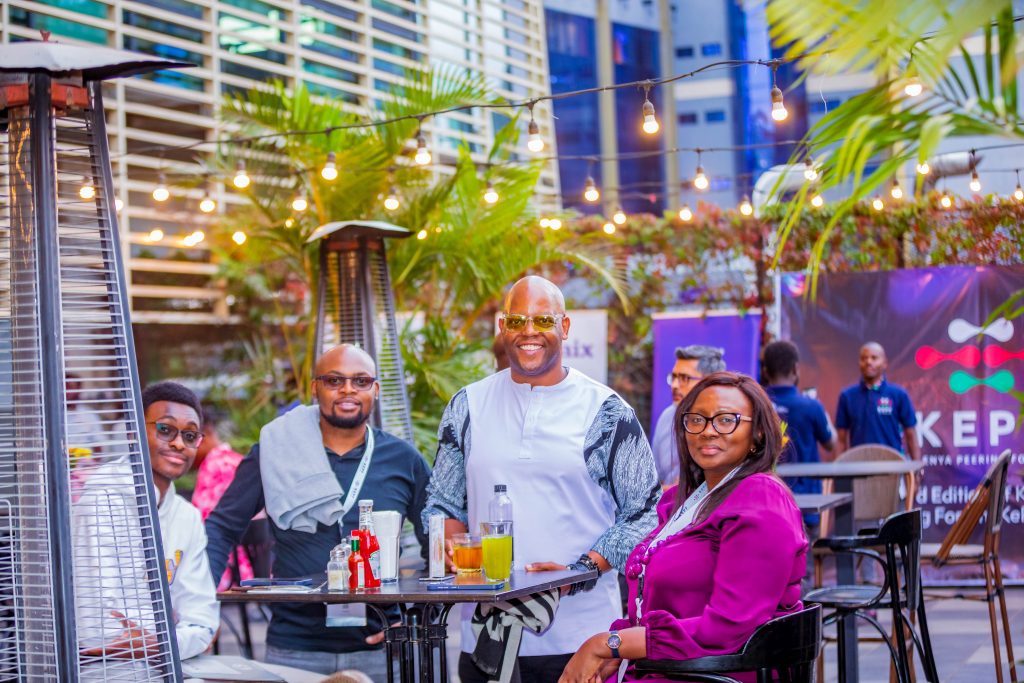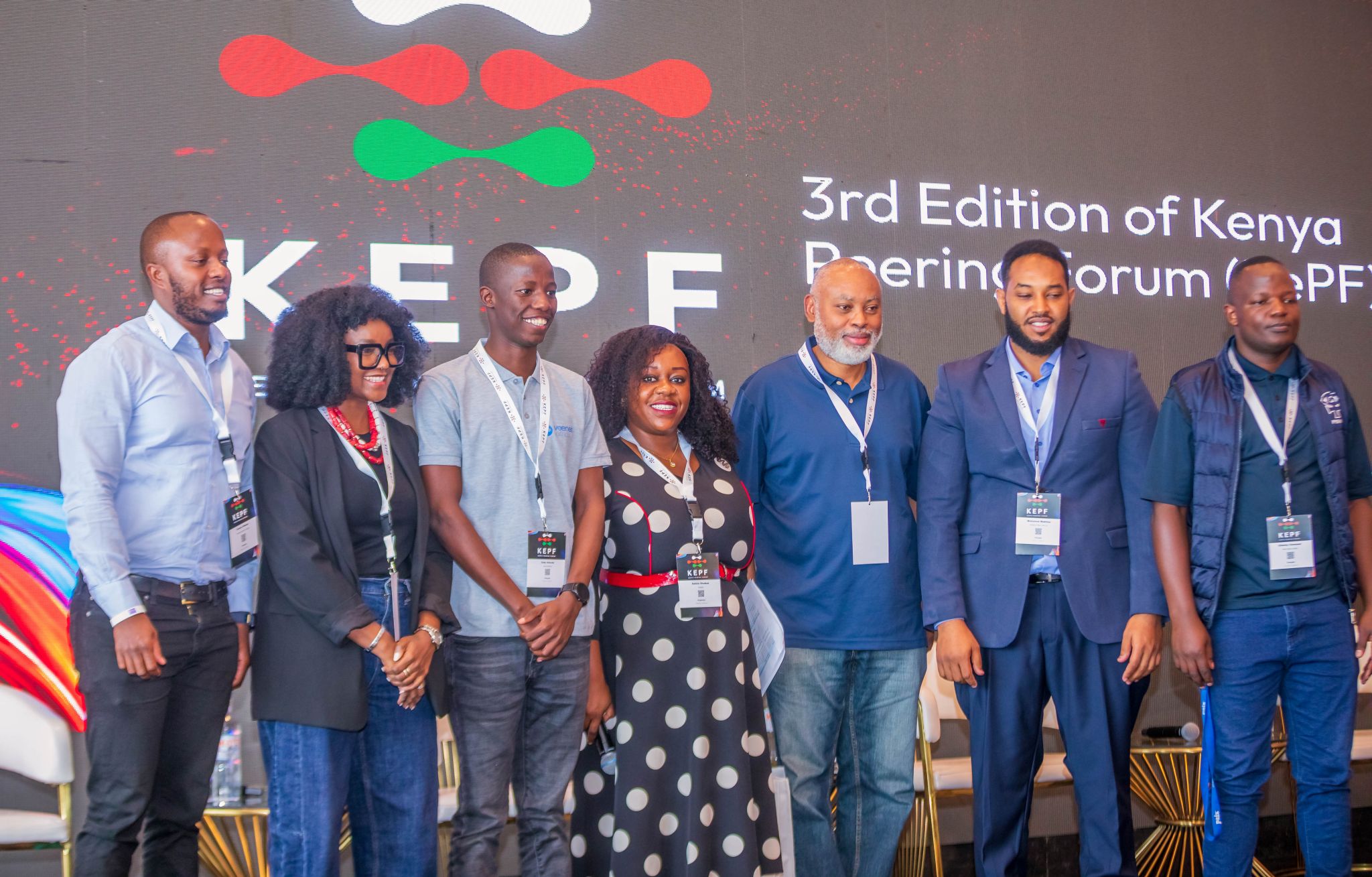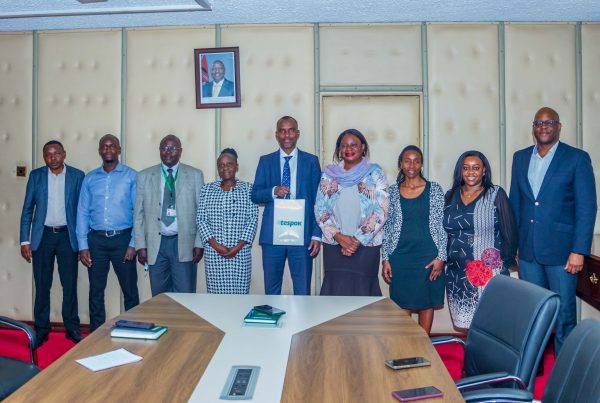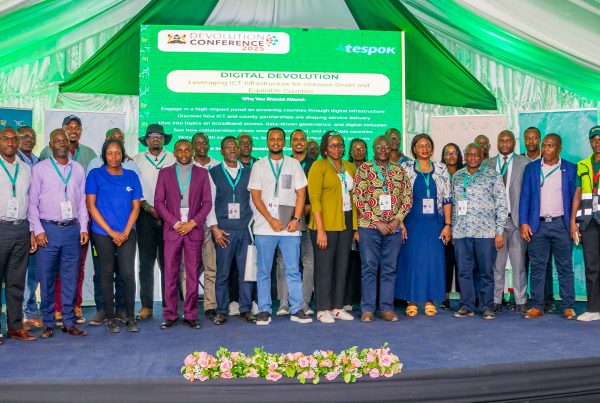On September 12th, 2025, the third edition of the Kenya Peering Forum (KePF 2025) brought together thought leaders, industry experts, and stakeholders from across Kenya and beyond for a day dedicated to strengthening the country’s internet ecosystem. The event provided a rare opportunity for both in-person and virtual attendees to connect, share insights, and explore the future of connectivity in Africa.
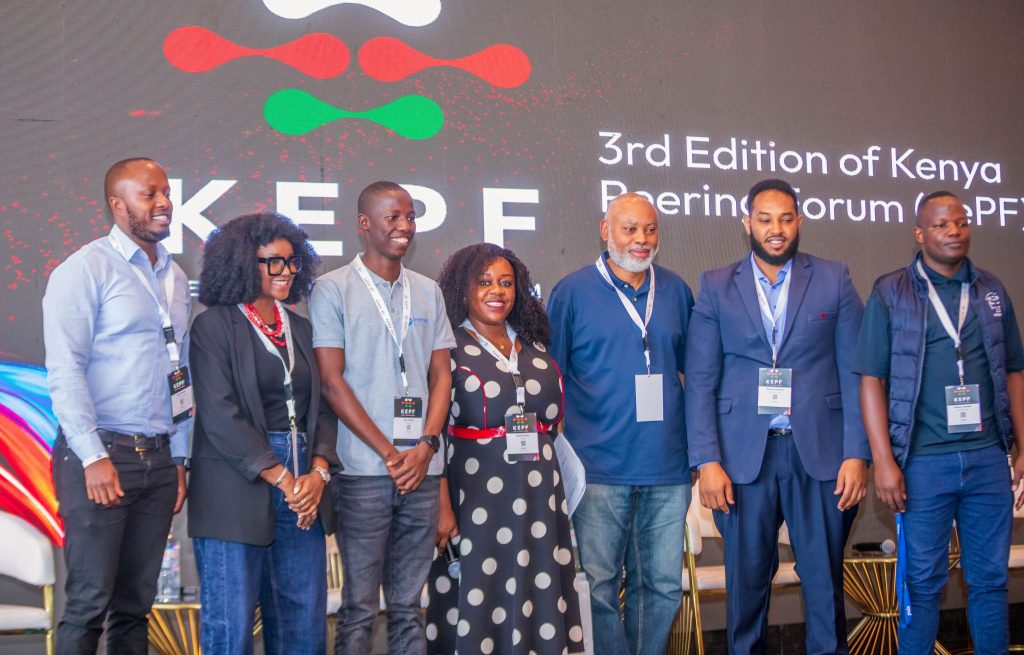
The day kicked off with opening remarks from TESPOK Chairman, Mr. James Turuthi, who set the tone for discussions on collaboration, innovation, and building a resilient digital infrastructure. His address was followed by an impactful keynote from Mr. Derick Khamali of the Communications Authority of Kenya, who highlighted the role of regulatory frameworks and public-private partnerships in driving a thriving, interconnected internet.
Attendees heard from global and regional experts, including Ben Ryall of Meta, who shared strategies for improving content delivery across Africa, and Seun Olorunisola of IXP Nigeria, celebrating IXPN’s achievement of surpassing 1Tbps in local traffic—a milestone demonstrating the power of strong peering networks.
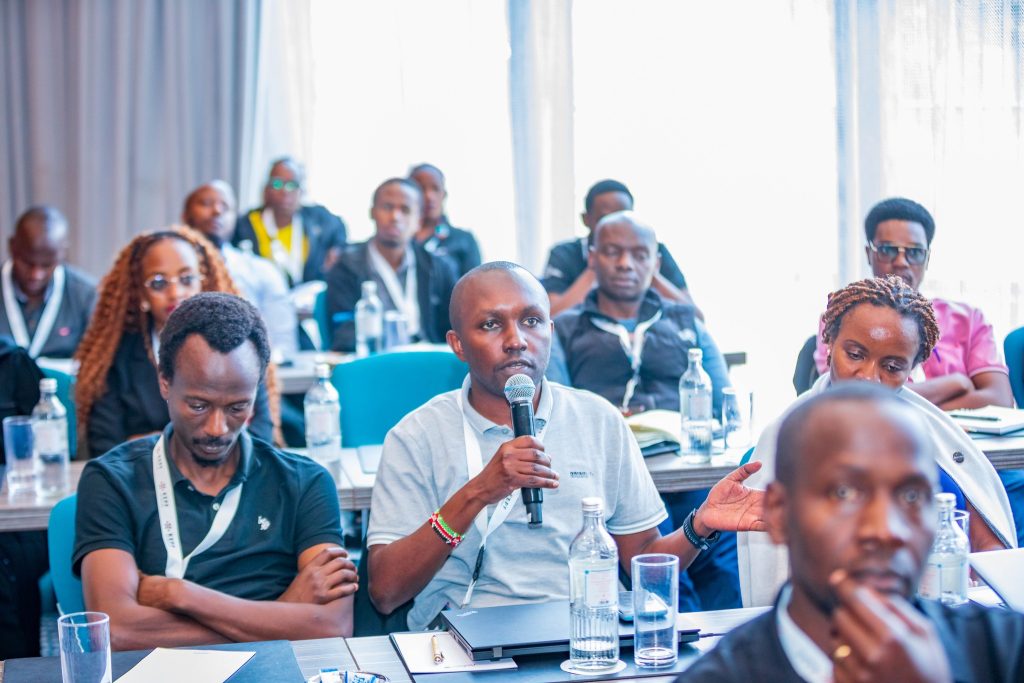
Panels throughout the day explored pressing topics such as Africa’s Data Centre Landscape, highlighting growth, challenges, and sustainability in the sector, and subsea cable infrastructure, where experts from BCS, KENET, and MYISP Ltd unpacked the technology behind internet speed and resilience. Insights from the Internet Society’s Pulse Internet Measurement tool, presented by Kelvin G. Chege, gave attendees actionable data to support better decision-making and network management.
Beyond the discussions, KePF 2025 fostered moments of connection and fun. From interactive selfies with the legendary Michuki Mwangi to a lively cocktail networking session, participants had ample opportunity to celebrate achievements, reflect on the day’s insights, and forge new partnerships.
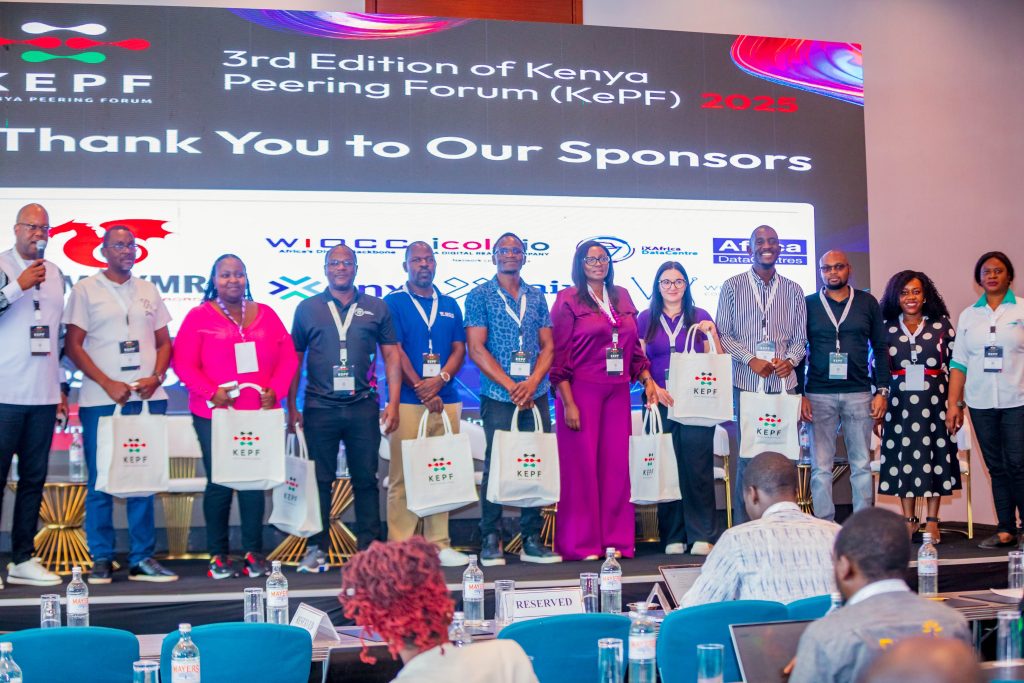
The third edition of KePF once again demonstrated the value of collaboration in shaping Kenya’s digital future. It reinforced that building a robust, resilient, and accessible internet requires not just technology, but strong partnerships, informed policy, and a community dedicated to growth.
